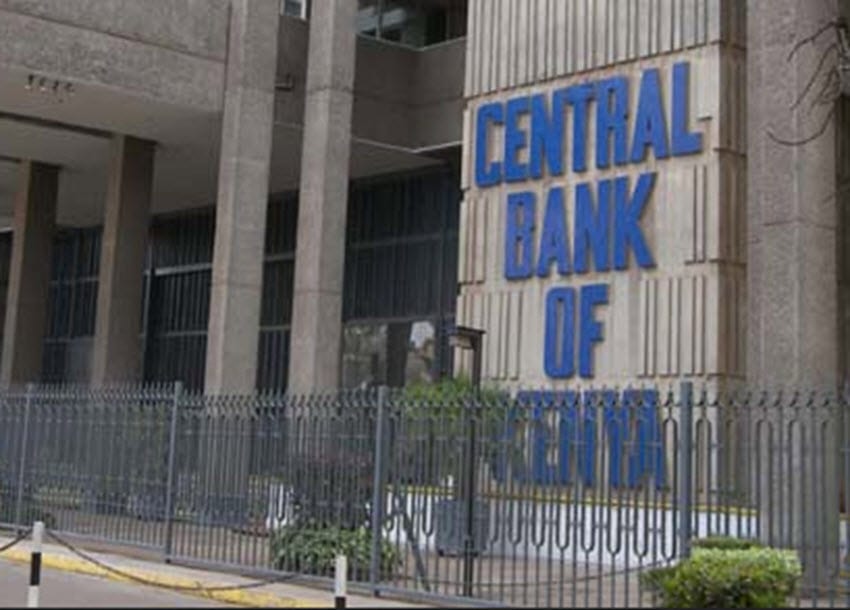Introduction
Kenya’s economic landscape is evolving rapidly, with various factors influencing its growth trajectory. This article delves into the economic projections for Kenya up to 2029, providing insights into expected trends, challenges, and opportunities for the future.
GDP Growth: A Promising Outlook
Kenya’s real GDP growth is projected to remain robust, with an estimated growth rate of 5.5% in 2023 and 5.0% in 2024. This growth is driven by strong performance in key sectors such as agriculture, manufacturing, and services. The agricultural sector continues to be a significant contributor to GDP, supported by favorable weather conditions and government initiatives aimed at enhancing productivity. The manufacturing sector is also poised for growth, benefiting from increased investments and improved infrastructure.
Inflation and Economic Stability
Inflation in Kenya is expected to moderate to 6.6% in 2024, down from 7.7% in 2023. This reduction is anticipated due to improved supply chain efficiencies and stabilization of global commodity prices. Lower inflation rates are crucial for maintaining economic stability and ensuring that the purchasing power of consumers is not eroded. Additionally, moderated inflation supports business planning and investment, contributing to overall economic growth.
Investment and Savings: Building Economic Resilience
Total investment as a percentage of GDP is projected to increase to 18.4% in 2024, reflecting growing investor confidence in Kenya’s economic prospects. The increase in investment is expected to drive infrastructure development, enhance industrial capacity, and create job opportunities. Gross national savings are also expected to rise, reaching 14.1% of GDP, indicating a healthier economic environment conducive to sustainable growth. Higher savings rates provide a buffer against economic shocks and support long-term investment strategies.
Conclusion
Kenya’s economic outlook appears positive, with steady GDP growth, moderated inflation, and increasing investment and savings rates. These projections, however, depend on maintaining political stability and implementing effective economic policies. By addressing potential challenges and capitalizing on growth opportunities, Kenya can achieve sustained economic development and improved living standards for its citizens.
Article 4: “Investment Trends: UK-Kenya Foreign Direct Investment in 2024”
Introduction
Foreign Direct Investment (FDI) is a critical component of the economic relationship between the UK and Kenya. This article examines the trends in FDI between the two countries, highlighting key data and implications for future investment flows.
Decline in UK FDI: Understanding the Numbers
In 2021, the stock of FDI from the UK in Kenya stood at £489 million, a significant 42.6% decrease from 2020. This decline may be attributed to various factors, including political instability, regulatory challenges, and economic uncertainties in Kenya. The decrease in FDI underscores the need for both countries to address these issues to attract more investment and foster economic growth.
Sectoral Distribution: Key Areas of Investment
UK FDI in Kenya is concentrated in sectors such as financial services, manufacturing, and telecommunications. These investments have been pivotal in fostering economic growth, creating jobs, and enhancing technological advancements in Kenya. The financial services sector, in particular, benefits from the influx of UK capital, which supports the development of banking and insurance services. Similarly, investments in manufacturing and telecommunications drive industrial growth and improve connectivity, contributing to overall economic development.
Future Prospects: Attracting More FDI
The decline in UK FDI in Kenya highlights the challenges that need to be addressed to create a more favorable investment climate. Strengthening regulatory frameworks, ensuring political stability, and providing incentives for investors can attract more FDI and drive economic growth. By creating a conducive environment for investment, Kenya can leverage UK expertise and capital to enhance its economic development. Additionally, fostering strong bilateral relations and promoting investment opportunities can further strengthen the economic ties between the two countries.
Conclusion
The decline in UK FDI in Kenya underscores the importance of addressing the underlying challenges hindering investment flows. Strengthening regulatory frameworks and ensuring political stability can attract more FDI, boosting economic growth and development in Kenya. By leveraging the potential of UK investments, Kenya can achieve sustained economic growth and improved living standards for its citizens.





